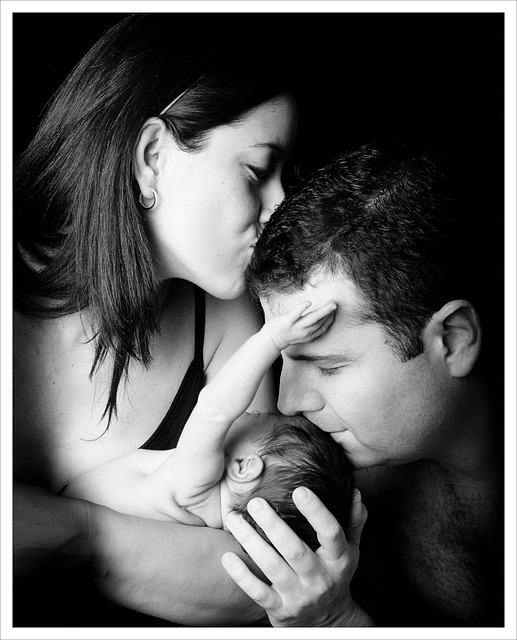Cassandra, a 33-year-old from Reading, has always dreamed of becoming a mother. Born with a rare genetic disorder known as Apert Syndrome, which impacts the fusion of bones, she faced unique challenges when considering starting her own family. Despite the condition being random—caused by a gene mutation before her birth—Cassandra was aware that her future children would have a 50% chance of inheriting the same condition.
As she approached her 30s, Cassandra began to explore her options for having a baby without passing on her genetic disorder. She consulted her GP, who referred her to the John Radcliffe Hospital in Oxford. There, her consultant recommended in vitro fertilization (IVF) with pre-implantation genetic diagnosis (PGD). This method allowed for the testing of embryos to ensure that only those free of the genetic condition would be used for implantation.
Cassandra had two choices: freeze her eggs for later use or proceed with IVF immediately using donor sperm. After careful consideration, she chose to move forward as a single woman. Interestingly, while the HFEA regulates which conditions can be tested with PGD, Apert Syndrome was not initially included. However, thanks to her consultant’s dedication, they worked with the HFEA to gain approval for testing, a process that took months. Eventually, Cassandra received the go-ahead to start her treatment at Oxford Fertility.
Once there, everything accelerated. She consulted with a specialist counselor to discuss the implications of using donor sperm and explored her options from various sperm banks. Ultimately, she selected a donor from the clinic’s bank based on shared characteristics. Due to a pre-existing heart condition, she was also referred to a heart specialist to ensure her health during pregnancy.
Cassandra began her IVF treatment with a personalized medication plan that ran smoothly. She produced a good number of eggs, and after genetic testing, she was thrilled to find two viable embryos free of Apert Syndrome. One was implanted, while the other was frozen for future use.
The clinic’s supportive environment made her feel comfortable, and she even scheduled acupuncture sessions around her egg retrieval and embryo transfer. The toughest part of the process was the two-week wait after the embryo transfer. Unable to contain her excitement, she took an early pregnancy test and was ecstatic to see a positive result—she was going to be a mom!
In July, her son Leo was born, and he has brought so much joy into her life. She reflects on her journey with gratitude, saying, “I’m so glad I didn’t wait to freeze my eggs. This was the right time for me, and I wouldn’t change a thing.” Having had the continuous support of her family, friends, and the team at Oxford Fertility made all the difference.
If you’re considering options for starting your family, check out this resource on home insemination, which can provide valuable insights. For more information on pregnancy and home insemination, this is an excellent resource. And if you’re looking for a comprehensive guide to at-home insemination kits, visit this authority on the topic.
Summary
Cassandra’s inspiring journey at Oxford Fertility illustrates how she overcame the challenges posed by her rare genetic condition to achieve her dream of motherhood through IVF and PGD. With the support of medical professionals and loved ones, she welcomed her son Leo, proving that determination and support can make dreams come true.

